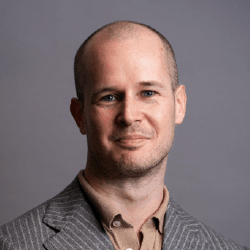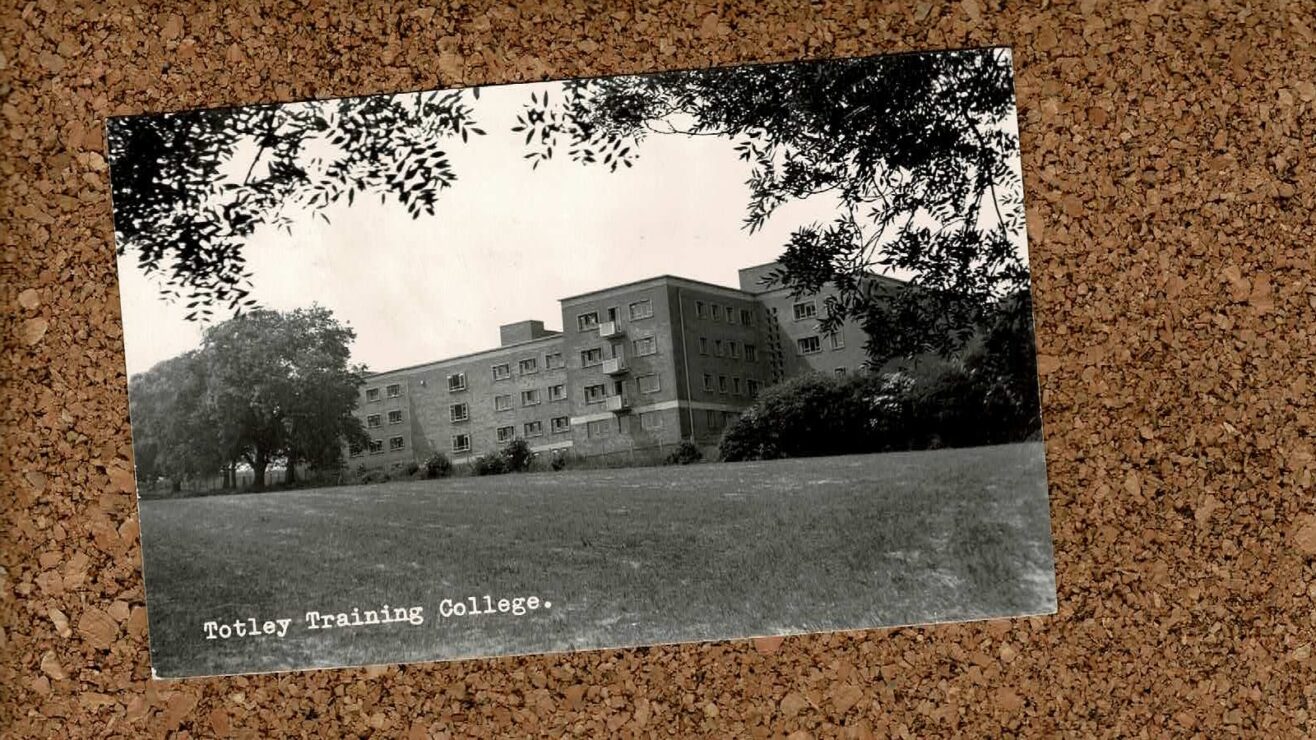Balancing free speech and protection from harassment is a complex, evolving challenge with no one-size-fits-all solution.
Decisions must be made based on the specific context and facts of each case.
However, our experience shows these risks are dynamic – over time, new challenges emerge, stretching our policies, processes, and understanding. The question for HEIs then, is how to navigate such a landscape.
Recently, OfS’ Regulatory Case Report for the University of Sussex has sparked extensive commentary. Jim Dickinson, in multiple articles on Wonkhe, has explored its implications for effective regulation, rightly emphasising the crucial role of collaboration and trust.
Efficiency is the watchword of the day and the approach in the case report risks fostering a more expensive American-style adversarial legalism. But the stakes are higher than just the streamlined effectiveness of our regulatory system.
The rights, experience and outcomes in education and career for HE students and staff often depend on our approach and decisions in these critical cases.
Challenges and priorities
The UK higher education sector has faced a significant challenge. Free speech has at times been overlooked in our policies and work, especially in areas of equity, diversity, and inclusion.
The policy template in the Sussex case report was drafted by one of Advance HE’s predecessor organisations, the Equality Challenge Unit. However, the sector now shows a shared intent to prioritise free speech. Universities UK states:
“It’s absolutely essential that universities uphold freedom of speech and academic freedom, and they are legally bound to do so. Universities must also create an environment where all people can work and learn together.
There is increasing clarity on the “presumption in favour of free speech” in UK law and in higher education practice. This is evident in relation to free speech and protected beliefs, such as in the recent Court of Appeal judgment in the Higgs case, as well as in areas like Prevent and institutions’ responses to protests on Israel/Gaza.
We would benefit from more openly recognising this shared intent and commitment to free speech and academic freedom. However, the answers to many of the difficult cases and questions that arise in these areas are not settled.
New incidents will create different circumstances and illuminate different boundaries of law and regulation, and there will be new court cases and judgments to learn from (such as the Supreme Court ruling on the definition of a woman in the Equality Act 2010).
We will continue to grapple with the challenging interplay between free speech, inclusion, and harassment. This tension is now explicit in the OfS regulatory framework, particularly between freedom of speech and Condition E6 on Harassment and Sexual Misconduct.
The most important decisions about free speech and inclusion happen in our classrooms and offices. Academics navigate contentious topics and sensitive discussion, while managers respond to concerns about speech and harm, or debates that turn into allegations of harassment.
These decisions are often uncertain, taken in individual contexts without clear legal precedent or direct policy instruction. Our staff and students therefore depend on our collective ability to make reasonable and proportionate decisions in heated, highly contextualised, and risky environments.
These challenges are dynamic and will continue to evolve. Many HE policies and solutions from five or ten years ago are not fit for purpose now. We would be naïve to think our current approaches will not again need to evolve to meet future circumstances and challenges.
How then can we ensure the rights to free speech and protection from harassment are upheld for staff and students under these circumstances?
The way ahead will require proactive leadership, horizon scanning, and a willingness to collaborate and innovate in sensitive areas.
Collaboration is key
OfS itself has emphasised the importance of collaboration. Arif Ahmed, the Director for Freedom of Speech and Academic Freedom at OfS, noted:
“I believe that there is much to be gained from collaboration with [the sector] on these important issues. I am therefore keen to engage with stakeholders now on the most effective ways to approach the promotion of freedom of speech.
As a sector, we need to work collaboratively to find opportunities for innovation and allow UK higher education to experiment at the edges of promoting and protecting free speech while openly addressing clear instances of unlawful harassment. UUK, GuildHE and Advance HE alongside many individual institutions have been proactive recently in creating spaces for discussion and practice in balancing free speech and inclusion.
We are not alone in this challenge. Other nations and HE sectors have similar values and intent but slightly different legal frameworks. The recent Hodgkinson Review from the University of Sydney demonstrates the potential that a more global conversation might offer to horizon scanning and innovation in the UK.
Beyond collaboration, innovation and horizon scanning, securing free speech and protection from harassment will test institutional resilience to difficult and complex cases. This will require institutional competence, but more importantly, any long-term success demands individual capacity and judgment from academics and staff.
One-off training programs will be quickly outdated. Staff will be more effective engaging with policies in context, with clear opportunities to escalate challenges and receive responsive feedback and support. Leaders and front-line staff will need to be supported to engage with and share learning from the most complex cases.
The approach to regulation demonstrated by the Case Report on Sussex encourages institutions to prioritize free speech and embed it into policy and practice. But this is already well understood and underway. What the Case Report won’t do is encourage institutions to step into difficult and complex cases more openly and engage in challenges that don’t have clear answers.
The hazard here is the possibility of an environment where HEIs and staff may feel compelled to remove risk from engagement with speech. Staff and students might avoid contentious topics in research and teaching and withdraw from activities where there are concerns about harassment and discrimination. This would limit the innovative and provocative speech we should protect and undermine our ability to add value at the boundaries of societal debate.
New regulation, such as the complaints scheme, could be a powerful mechanism for horizon scanning and supporting learning and consistent practice across institutions. To build a more robust approach to free speech in UK higher education, we need more collaboration and trust, and to build on our shared commitment to free speech and protection from harassment.














Agree that collaboration is important, but from working at a university is it following Advance HE’s guidance that has ended up causing issues in balancing free speech and equality.